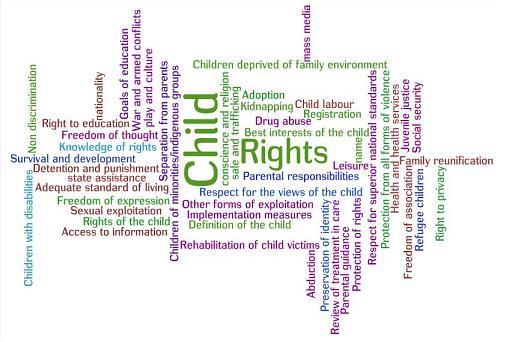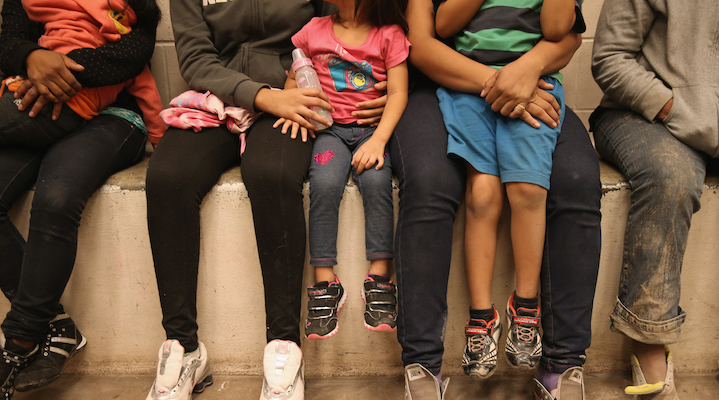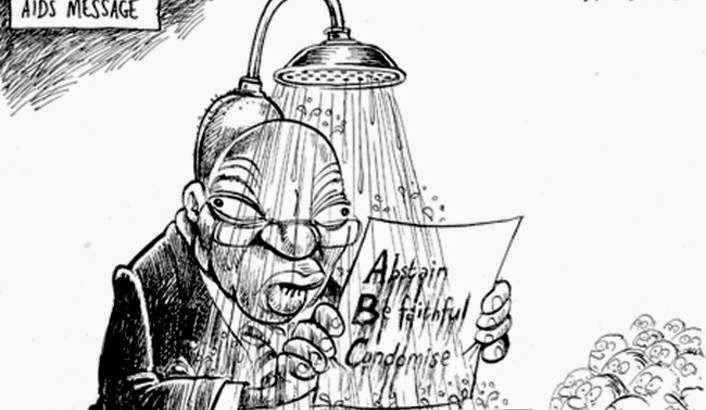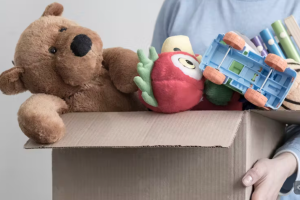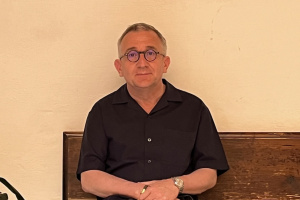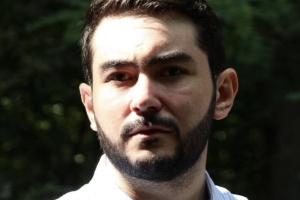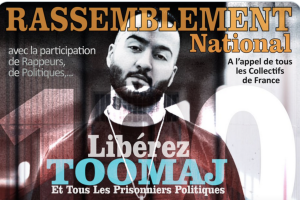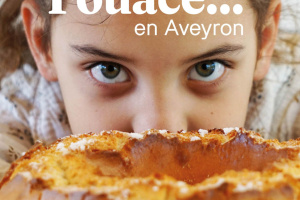Last April the ‘Optional Protocol to the UN Convention on the Rights of the Child on a communication procedure’ entered into force. This new international treaty allows children and/or adults to file complaints to the UN Committee on the Rights of the Child about violations of children’s rights. This is the third optional protocol to the UN Convention on the Rights of the Child (thus mentioned as OP3 CRC). Approved by the UN General Assembly in December 2011, it took over two years before entering into force (which happened three months after the 10th state ratified it). By now, six months later, only four additional states have ratified the OP3. This shows a particularly slow process for the implementation of children’s rights, although such a communications procedure was long overdue.
Professor Carolyn Hamilton, internationally renowned child rights lawyer and Director of the Coram Children’s Legal Centre, London, discussed with Opinion Internationale the stakes of its ratification for states parties.
Interviewed by Cléo Fatoorehchi and Léo Gack
To know more about the Ratify OP3 CRC campaign, visit the website here.
The international coalition designed child-friendly resources which explain the OP3 CRC to children and young people, available here.
Also read our #CRC25 dossier and leading article : Encore un long chemin à parcourir pour réaliser les droits des enfants
Transcript
Was this new protocol needed?
Most of the other Conventions have optional protocols that allow either individuals or states parties to communicate a complaint to the Committee, and the one Convention that did not have that was the UN Committee on the Rights of the Child, under the Convention on the Rights of the Child. So this new communications procedure is a very welcome addition to the Optional Protocols. It will allow children to make complaints, or states parties to make complaints, about non-implementation of rights in another state.
Why has the UN CRC been lacking such a Protocol until now?
That is an interesting question, why didn’t it have one? I think it was thought: perhaps it was not appropriate in children’s cases; perhaps it was too much of a battle; perhaps States did not really want children communicating complaints to an international body; and perhaps because States believe that they can implement children’s rights within the state and there is no need for another process.
I think the interesting part, and perhaps one of the reasons why there was not an optional protocol before, was that the CRC has a great number of economic, social and cultural rights. They have been regarded for some long period of time as being, what we call non-justiciable – they are not capable of being taken to a court for implementation. That is very different now; we have changed the way we look at it. So before, a child could not go and claim, “I have a right to housing, give me somewhere to live”; but now a failure to provide housing, leaving children perhaps destitute or without any accommodation would be an issue that could be taken to the Committee to the Rights of the Child through a complaint system.
Do you think children will really use this procedure?
It is very unlikely that children are going to make their own complaints. The most likely way forward is for NGOs or other groups to make complaints on children’s behalf. It would be very difficult for children to make their own complaint.
Also, domestic remedies have to be satisfied. That means, if you can bring your complaint to a court or to a body in your country, then you must do that and get to the end of the process before that complaint can be taken to the Committee on the Rights of the Child.
Nonetheless, I think NGOs will be very keen to use it over particular aspects, perhaps the right to education or right to housing.
But most Western countries must already have national legal mechanisms to address these issues?
They do. One of the reasons that the UK said it did not want to ratify Optional Protocol 3 is that we already have the European Convention on Human Rights, and that was sufficient for children. I think the NGOs would argue that it is not and we would still like to see the UK ratify the OP3. I hope that will happen in the near future.
The umbrella organisation Child Rights Connect is leading the international campaign for the ratification of the OP3 CRC. Do you think they will be successful?
I hope so. I suspect it is a slow process over time. I think it is quite interesting that there are only 14 ratifying states. So we have still got a lot to go; a huge number of states still need to ratify.
I think some of them will find it difficult; I think the majority of them probably will end up ratifying. It is a process; once a number of governments have ratified, there is a momentum that I very much hope that the campaign can keep up.












